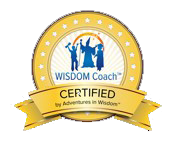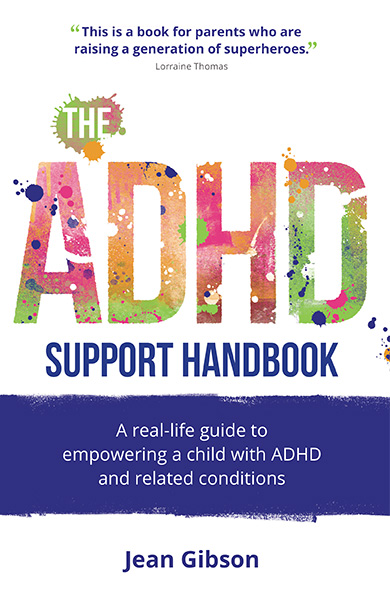Article by Jenny Phillips Nutritional Therapist MBA BSc (Hons) mBANT
Approaching the menopause is a time that you may see as an opportunity for reviewing your health & lifestyle. As the kids become more independent (or if you haven’t got them) you may find you have a little more time and inclination for self care. Many women sail through with little or no symptoms, whilst others are more aware of the transition.
A hallmark of menopause is the decline in oestrogen levels, not to zero but lower than when you are menstruating. Oestrogen continues to be produced by the adrenal glands, along with the stress hormone cortisol and so managing your stress levels is important.
There are four key areas where nutrition & lifestyle changes can help:
Weight gain:
Oestrogen helps you to maintain an active metabolic rate, and so it can become harder to keep to your ideal body weight. In particular you may find that you put on weight around your tummy, the so-called muffin top, which is not so good from a heart health perspective. Avoiding sugar and refined carbohydrates (which break down to sugar) helps to avoid the blood sugar spikes which are then stored as fat around the middle. One top tip is to switch your bread for the delicious pecan bread recipe below.

Loss of muscle mass:
At the same time as you are more prone to weight gain, the lack of oestrogen makes it harder to maintain muscle. Here exercise can help to stimulate muscle tone, especially when combined with eating protein rich foods. These include meat, fish, eggs, pulses, nuts, seeds and dairy foods including yoghurt.
Bone density:
Bone is continually renewing with special cells called osteoclasts which break down old bone and osteoblasts that build new bone. Oestrogen inhibits osteoclasts and so its decline can then lead to a gradual weakening or thinning of the skeleton, making breaks more likely. Weight bearing exercise helps to maintain bone density and along with bone friendly nutrients such as vitamin D (an excuse for getting out into the sunshine!), vitamin K2 (eggs, cheese, dark chicken meat) and calcium (dairy products, leafy greens and seeds).
Hot flushes:
One of the most prominent symptoms associated with the menopause, hot flushes are a bane to those that experience them. At night you may find yourself waking up drenched and in the day it can be an embarrassing distraction. Phyto-oestrogens are oestrogen like compounds from plants and can help ease symptoms. They are found in chick peas, soy, linseeds, sesame seeds and tofu. Also important is detoxifying and removing old oestrogens which can be inflammatory. The cruciferous family – broccoli, cauliflower, sprouts and cabbage, provide important compounds to detoxify hormones, along with omega 3 fatty acids (from oily fish, linseeds and walnuts)
Clean Living Days are like a day on retreat, only closer to home. We offer exercise including yoga, nutritional workshops and a delicious lunch at a fabulous country home near High Wycombe. Take time to focus on you and meet like minded people for a fun packed day centred on wellbeing. See www.InspiredNutrition.co.uk for details.
Inspired Nutrition recipe for pecan bread
300g pecans
1 tsp baking powder
¼ tsp cinnamon
4 eggs
1 large ripe banana
2 tbsp olive oil
Preheat oven to 180 degrees.
Grind the nuts in a blender. Place in a bowl with the other dry ingredients
Place the eggs, banana and oil in a blender. Blitz till smooth.
Pour the batter into the dry ingredients and mix well
Spoon into a lined loaf pan.
Bake for 45 minutes. Turn out and allow to cool.



